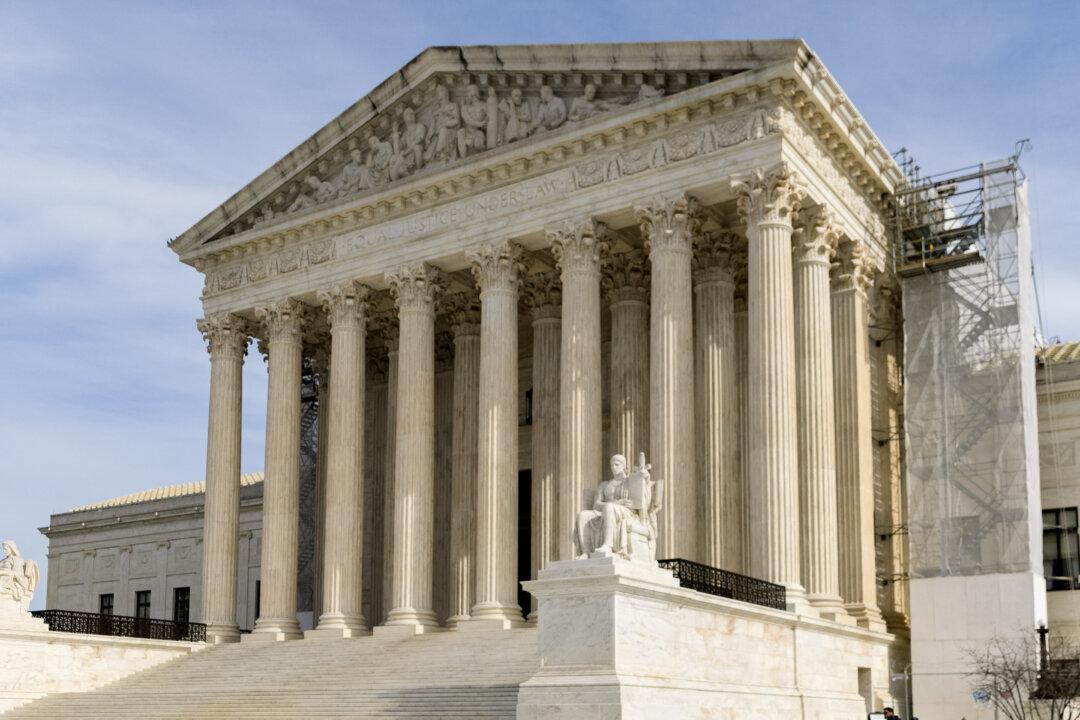As the Supreme Court considers the constitutionality of laws in Florida and Texas that would regulate social media companies’ practice of blocking content, tech companies have been standing up for what they claim is their First Amendment right to control speech on their platforms.
The case has split free-speech advocates into two camps, both of which argue that they are the true defenders of free speech.





